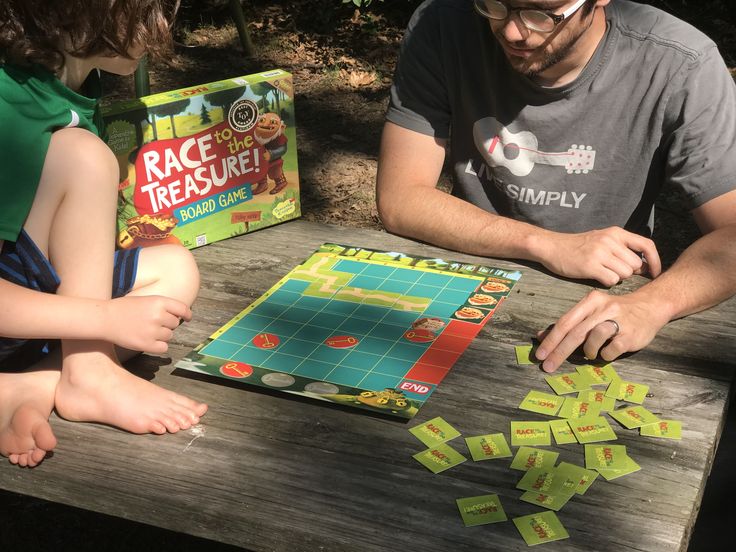Family gatherings are the perfect opportunity to create lasting memories, share laughs, and strengthen family bonds. If you’re looking for a fresh and engaging way to bring everyone together, cooperative board games for families are an excellent choice! Unlike traditional games that focus on competition, cooperative board games encourage teamwork, communication, and shared victories—or losses. These games are ideal for fostering connection and fun, whether your family loves solving mysteries, embarking on adventures, or tackling challenges as a team.
In this article, we’ll explore the top tips for introducing cooperative board games for families to your next gathering. Get ready to transform your game night into an unforgettable experience filled with joy, teamwork, and togetherness!
Key Tips for Introducing Cooperative Board Games for Families
1. Start with Simpler Games
Choose family-friendly games with straightforward rules, such as Forbidden Island or Outfoxed. These games are perfect for beginners and help less experienced players grasp the concepts quickly, ensuring that everyone can participate.

2. Highlight the Benefits of Cooperation
Explain how cooperative board games for families foster teamwork, improve communication, and create shared experiences. These qualities make them particularly appealing for family reunions and gatherings.
3. Match the Game to Your Group
- For Families with Young Children: Opt for accessible games like Castle Panic or Outfoxed that cater to different age groups.
- For Adults and Older Teens: Choose more complex games such as Pandemic or Flash Point: Fire Rescue for a thrilling challenge.
4. Teach Rules Gradually
Introduce basic gameplay concepts first, then add more advanced rules as players become comfortable. Games like Pandemic with adjustable complexity are ideal for this approach.
5. Promote Open Communication
Encourage discussions about strategies and allow experienced players to offer guidance without dominating the game. This ensures everyone feels included and valued.

6. Rotate Roles for Variety
If the game includes characters or roles with unique abilities, rotate them so everyone gets a chance to try something new. This keeps the experience fresh and helps players understand different aspects of the game.
7. Adjust the Difficulty Level
Many cooperative games offer variable difficulty settings. Start with an easier level and increase the challenge as the group gains confidence and skill.
8. Model Good Teamwork
If you’re the most experienced gamer, lead by example. Ask for input, listen to others’ ideas, and demonstrate positive cooperative behavior.
9. Choose Games with Engaging Themes
Select games with themes that resonate with your family’s interests. Adventure lovers might enjoy Forbidden Desert, while horror fans will appreciate Horrified.

10. Be Patient with New Players
Allow less experienced players plenty of time to think through their turns and contribute to the group’s strategy. Patience creates a welcoming and inclusive atmosphere.
11. Celebrate Team Victories
Emphasize the shared accomplishment when the group wins a game. This reinforces the cooperative spirit and leaves everyone feeling good about their contributions.

12. Debrief After the Game
Discuss what worked well and what could be improved. This reflection helps everyone learn and prepares the group for even more fun in the next session.
Why Cooperative Board Games Are Perfect for Families
Introducing cooperative board games for families is an excellent way to create a fun and inclusive environment during family gatherings. By following these tips, you can foster connection, laughter, and teamwork while creating memories that will last a lifetime. So gather your loved ones, pick a game, and let the fun begin!
Start your journey into cooperative gaming today and experience the joy of working together as a family!








